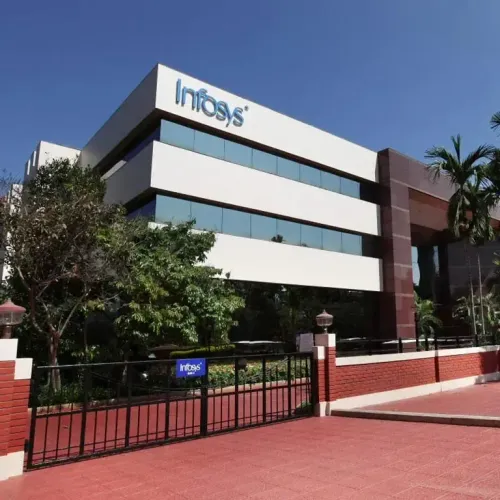Will South Korea Approve Google's Transfer of High-Precision Map Data by August?

Synopsis
Key Takeaways
- South Korea's decision on Google's data transfer is crucial for national security.
- Google has a history of request rejections due to security concerns.
- The review panel includes key government ministries.
- Current mapping services by Google are of lower quality compared to local providers.
- Google is willing to comply with blurring sensitive sites this time.
Seoul, May 11 (NationPress) The South Korean government is set to make a crucial decision by August regarding Google's request to transfer the nation's high-precision map data overseas. This decision comes amidst intense discussions surrounding national security, digital sovereignty, and various trade implications, officials revealed on Sunday.
Back in February, the U.S. tech giant submitted an application to the state-operated National Geographic Information Institute, seeking authorization to move 1:5,000-scale high-precision map data to its international data centers.
The review committee is required to inform Google of its decision within 60 days from the application submission, with a potential extension of another 60 days. Notably, holidays are not included in the review timeframe, as reported by Yonhap news agency.
The original deadline was mid-May; however, the government has opted to extend the review period and aims to reach a conclusion before the subsequent deadline of August 11, following the designation of the June 3 presidential election as a temporary holiday.
The determination will be made by the map data export review panel, which comprises officials from several key ministries, including defense, foreign affairs, industry, and science, in addition to the National Intelligence Service, according to the officials.
Currently, Google utilizes publicly accessible lower-resolution 1:25,000-scale map data, supplemented by aerial and satellite imagery, to offer mapping services in South Korea. This leads to inferior mapping quality in comparison to local map service providers.
Google previously submitted similar requests in 2007 and 2016, both of which were declined by Seoul due to concerns regarding national security, particularly the risk of revealing military bases and other sensitive areas.
In 2016, the government suggested conditions that required Google to obscure sensitive locations or store data on domestic servers, which Google declined.
This time around, Google has shown a willingness to comply with the blurring requirements and has requested coordinate data for security facilities. This additional request for coordinate data has sparked apprehension within the security community of the government.









